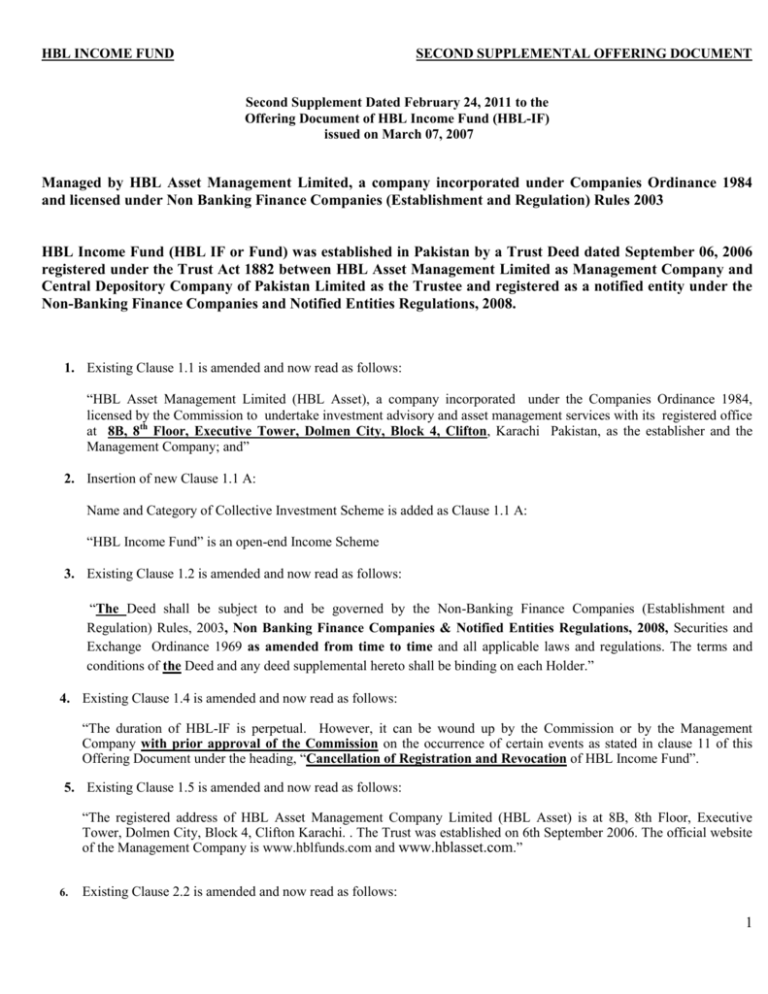

The most common usage of the term "asset manager" refers to investment management, the sector of the financial services industry that manages investment funds and segregated client accounts.

2 Intellectual and non-physical asset managementīy industry Financial asset management.1.2 Physical and Infrastructure asset management.The International Standard, ISO 55000, provides an introduction and requirements specification for a management system for asset management. It is also increasingly used in both the business world and public infrastructure sectors to ensure a coordinated approach to the optimization of costs, risks, service/performance, and sustainability. Those include, for example, investment managers that manage the assets of a pension fund. The term is commonly used in the financial sector to describe people and companies who manage investments on behalf of others. Asset management is a systematic process of developing, operating, maintaining, upgrading, and disposing of assets in the most cost-effective manner (including all costs, risks, and performance attributes). It may apply both to tangible assets (physical objects such as buildings or equipment) and to intangible assets (such as human capital, intellectual property, goodwill or financial assets). Asset management is a systematic approach to the governance and realization of value from the things that a group or entity is responsible for, over their whole life cycles.


 0 kommentar(er)
0 kommentar(er)
